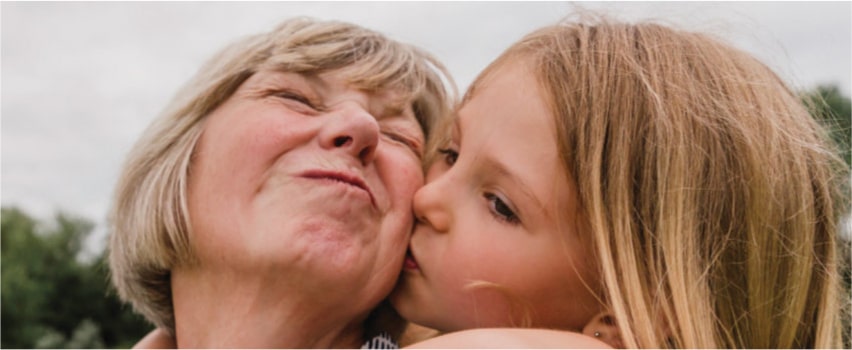Understanding more about RSV and the risk to babies
- Whether you’re expecting, have a baby, or are supporting a loved one, it's important to know what to look out for when it comes to RSV.
- Don't let RSV spoil those special moments.
Babies risk
Babies are most vulnerable to getting sick from RSV during their first 6 months
A baby’s immune system isn’t fully developed when they are born and needs time to grow stronger. RSV may cause collapsed air sacs in the lungs, which leads to more serious breathing issues like severe coughing, wheezing, difficulty breathing, or pneumonia.
Warning signs and symptoms of RSV in babies
Learning some of the early signs of RSV can help you decide if it’s time to get your baby to the doctor or hospital. If you notice any of these symptoms in your baby, talk to your doctor or go to the emergency room right away.
- Irritability
- Not moving or feeding as much
- Pauses while breathing
- Cough that is getting worse
If your baby does get RSV, try to reduce the spread to help keep your other family members safe — especially if you have others in your home who are at high risk of getting sick from the virus, like other babies or anyone aged 60 years or older.
Stay ahead of RSV
Help protect babies from RSV during one of their most vulnerable stages of life.
Washing your hands, avoiding close contact with sick people, and cleaning surfaces can help stop the spread of RSV to babies. But there may be more you can do.
Talk to your doctor or antenatal provider about RSV.

Older adults are also at risk of getting sick due to RSV
RSV can cause serious complications in adults aged 60 years or older, and spreads easily, particularly among family members.
Learn more about how to protect them.

References:
- Parikh RC, McLaurin KK, Margulis AV, et al. Infect Dis Ther. 2017;6(4):477-486.
- Self A, et al. BMC Public Health. 2023;23:2560.
- Time to Act: Protecting our children from RSV. Evohealth (2023).
